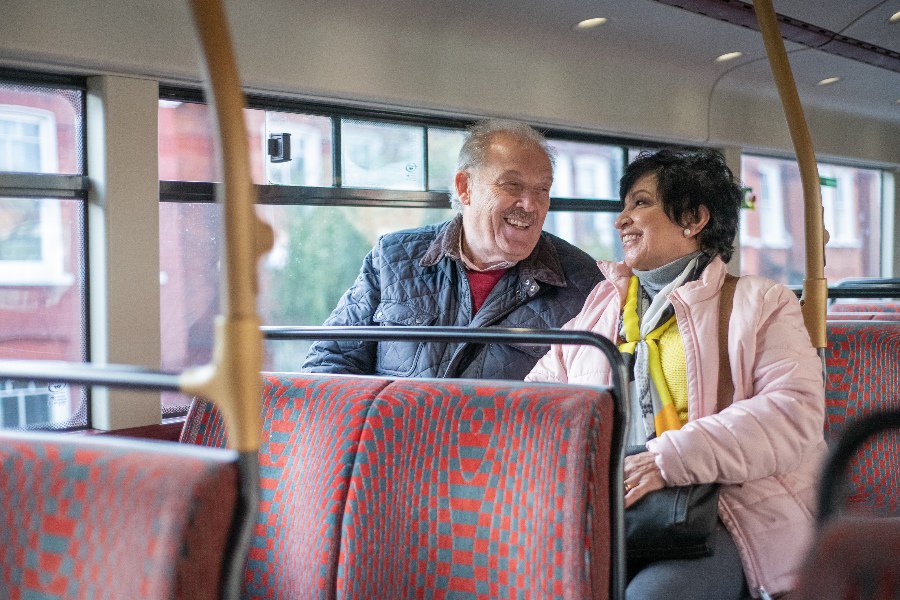Accessible Transport Policy Commission to support local transport authorities
According to a charter by cross-party think tank Policy Connect and the Accessible Transport Policy Commission, barriers to transport curtail the ambitions and potential of disabled people, proving costly to the country, which misses out on their valuable contribution to society and the economy.
‘Closing the transport accessibility gap: Making transport accessible for disabled people’, is a charter that calls for local and regional political leaders to eliminate barriers to travel.
The Accessible Transport Policy Commission is part of the National Centre for Accessible Transport (ncat), launched by the Motability Foundation, and regularly meets at Parliament to bring together parliamentarians, disabled people, transport professionals, and policymakers to improve public policies and everyday practices.
According to the Motability Foundation, disabled people take 38 per cent fewer journeys than non-disabled people. It says the Transport Accessibility Gap ensures that disabled people’s journeys tend to take longer, require more planning, and often result in indignities or injury.
Inadequate services, inaccessible stations, and disorderly environments have all contributed towards disabled people being left behind by the UK’s transport system. Meanwhile, our streets are made impassable for many by uneven pavements, and a shortage of level crossings and tactile signage, says the National Centre for Accessible Transport.
The charter calls for local and regional political leaders to boost productivity and economic growth by closing the Transport Accessibility Gap and ensuring all residents can lead independent and fulfilling lives.
It commits both current and prospective councillors and mayors from across the UK to include disabled people in the governance and delivery of transport services through the appointment of a disabled people’s champion to key transport public decision-making bodies.
Additionally, it requires them to support local transport authorities and operators to set up accessibility panels composed of Disabled people and organisations.
Finally, promoting community transport services and accessible public transport, and making our streets accessible, inclusive, and safe for disabled people are included in the commitments.
Baroness Tanni Grey-Thompson, Chair of the Accessible Transport Policy Commission, said: “As Chair of the Accessible Transport Policy Commission, I am delighted to invite both current and prospective councillors and mayors from across the UK to sign our Charter.
“Local and regional political leaders are the main custodians of much of our transport network and have an important part to play in making communities accessible for disabled people.
“As a disabled parliamentarian who regularly uses the UK’s transport system for work, recreational activities, and everyday life, I am fully aware of the challenges disabled people experience in navigating inaccessible vehicles, poorly designed stations, and under-resourced staff.
“Local authorities will only successfully address the challenges posed by inaccessible streets and transport services by including disabled people in decision-making on transport design.
“This should ensure that the importance of accessible transport is reflected in future strategies, budgeting, and procurement plans.
“The Accessible Transport Policy Commission will continue working to ensure that accessibility becomes a cornerstone of the UK’s transport system.”
Train operator Northern is trialling the use of AI to deliver train announcements in British Sign Language (BSL) for those travelling between Manchester and Leeds as well as Leeds to York.


